Anti-sunscreen chef Pete Evans slip, slapping ‘rubbish’ claims say experts
CONTROVERSIAL celeb chef and paleo fan Pete Evans has been savaged by the Australian Medical Association who say his claims sunscreen is laced with poisonous chemicals are pure “rubbish”.
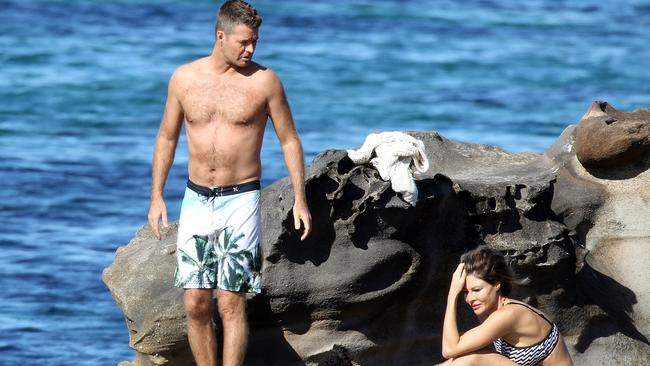
NSW
Don't miss out on the headlines from NSW. Followed categories will be added to My News.
- MKR judge claims sunscreen contains ‘poisonous chemicals’
- Pete Evans left boiling after his Caveman diet cops a serve
- Pete Evans’ wedded bliss: ‘I got the ring on her finger’
CONTROVERSIAL celeb chef and paleo fan Pete Evans has been savaged by the Australian Medical Association who say his claims sunscreen is laced with poisonous chemicals are pure “rubbish”.
The popular My Kitchen Rules host and keen surfer caused outrage yesterday after he admitted he doesn’t usually wear sunscreen, claiming his tan and the short amount of time he spends in the sun keeps him safe.
“Generally nothing,” Evans wrote on Facebook in response to a fan who asked which sunscreen he uses.
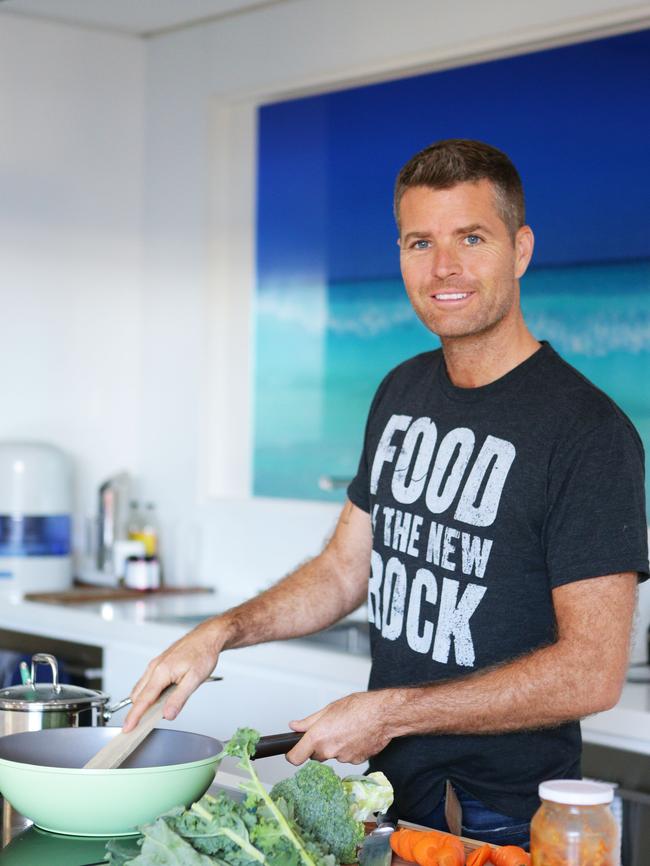
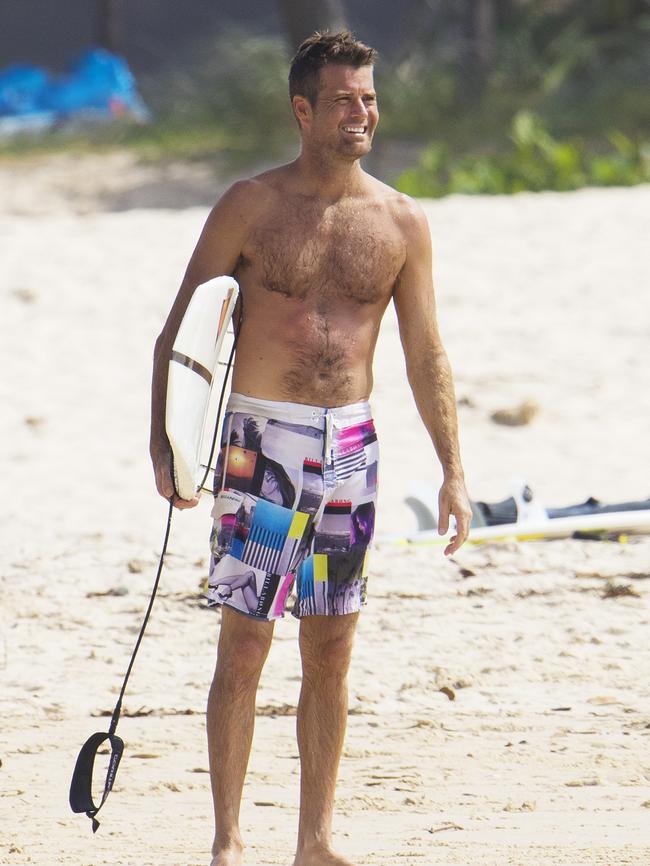
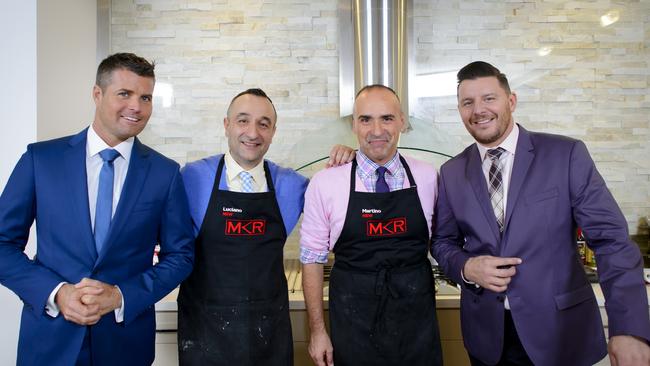
“The silly thing is people put on normal chemical sunscreen then lay out in the sun for hours on end and think that they are safe.”
Evans recommends a product not listed on the Therapeutic Goods Administration (TGA). He also appears on that product’s Facebook page.
But NSW AMA councillor and dermatologist Saxon Smith has slammed Evans’ claims, saying he shouldn’t be “talking such rubbish”.
“I can’t believe I’m saying this but sunscreen is not poisonous — it is potentially lifesaving,” he said.
“Along with wearing protective clothes, hats, sunglasses, and seeking shade ... it is the best defence we have from skin cancer.”
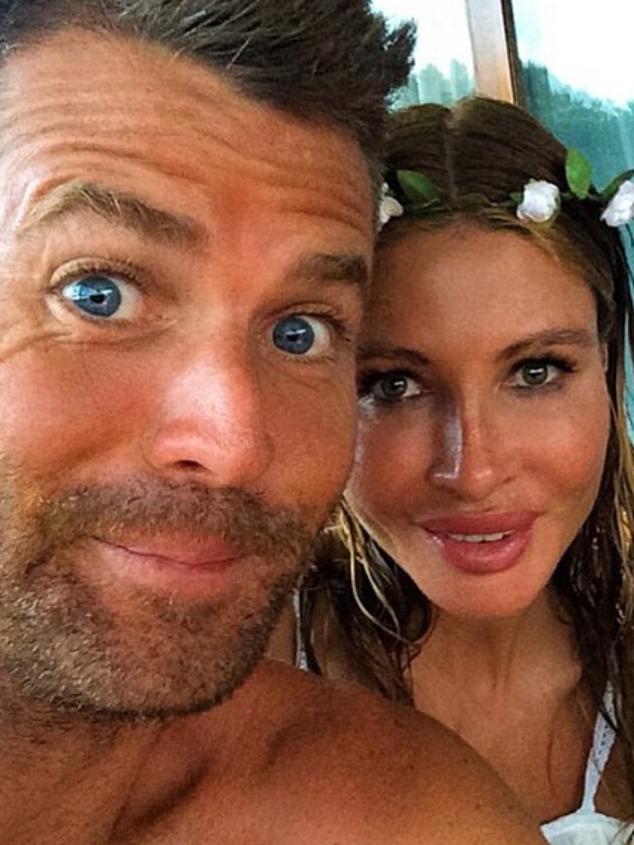
The claims have also been attacked by the Cancer Council.
“The science is clear, increased exposure to UV radiation equals an increased risk of skin cancer and this is from people who have been researching this for decades,” Cancer Council’s director of education Terry Slevin, who is also the author of the book Sun, Skin And Health said.
The Australian Cancer Council says nanoparticles in sunscreen do not pose a risk to human health.
A joint study by several scientific groups including the CSIRO in 2014 found the human body is able to absorb excess zinc oxide — an ingredient used to help form a barrier against the sun’s rays.
Evans took to Facebook again today, saying he doesn’t stay out long enough in the sun to burn and urged people to read sunscreen ingredient labels before buying the products.
OTHER NEWS: THE EELS STAR, THE NAPKIN, AND THE CAFE DEAL
Australia has one of the highest rates of skin cancer in the world.
Some 130,000 Australians are expected to be diagnosed this year, according to the Australian Institute of Health and Welfare.


